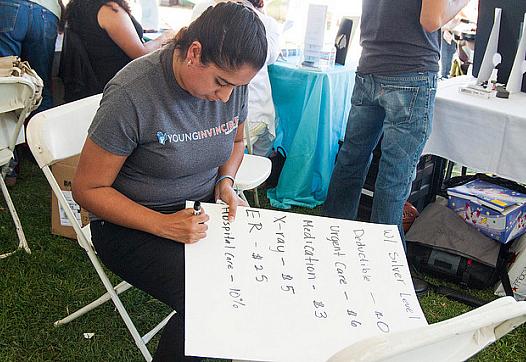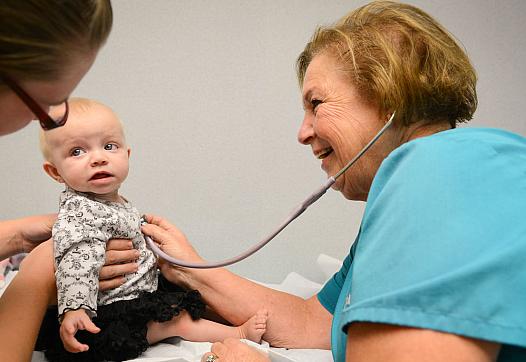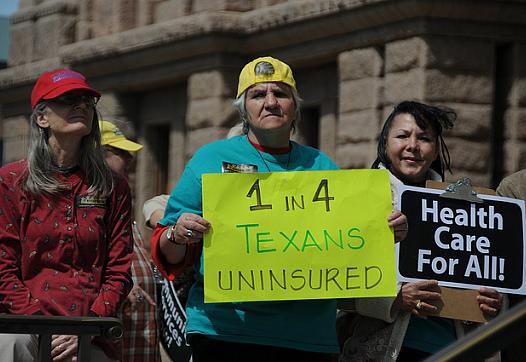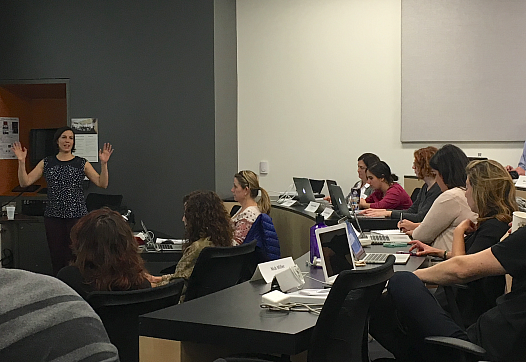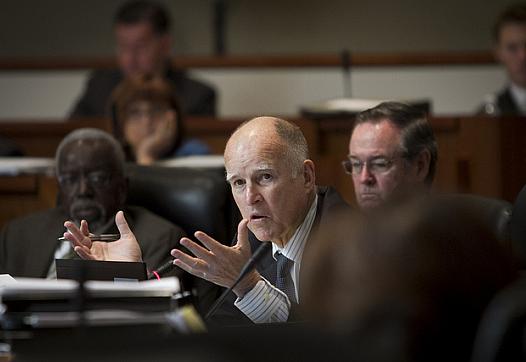
Thousands of babies are born every year in Bexar County, Texas, to mothers who receive no prenatal care. Those women are more likely to give birth prematurely, increasing the odds that their newborns will develop immediate and long-lasting health problems that can be both costly and fatal.


